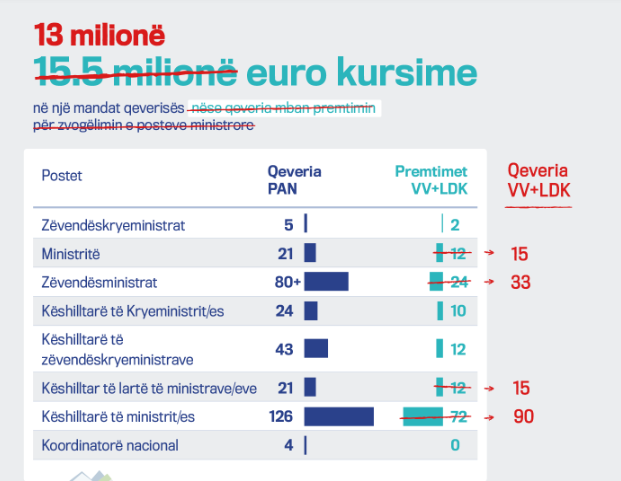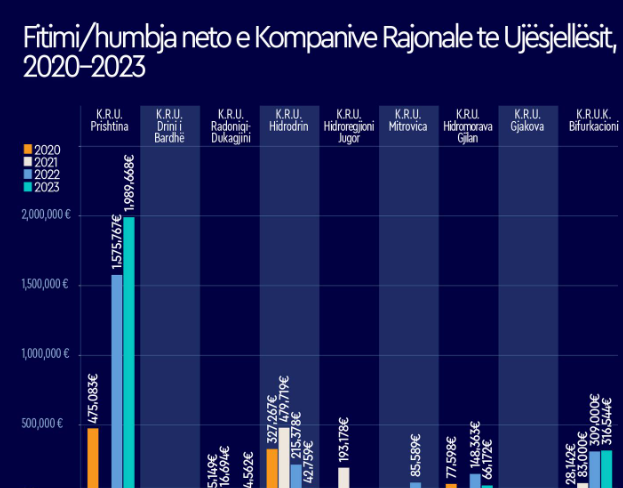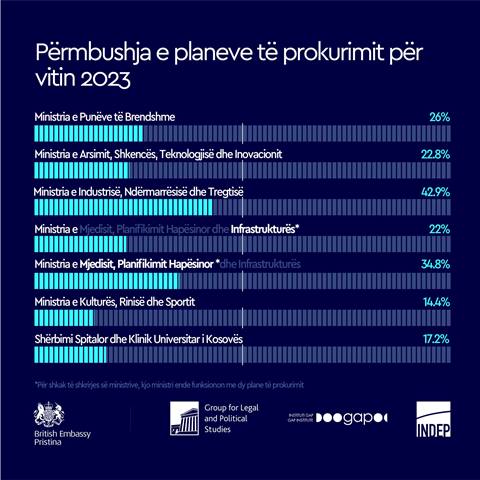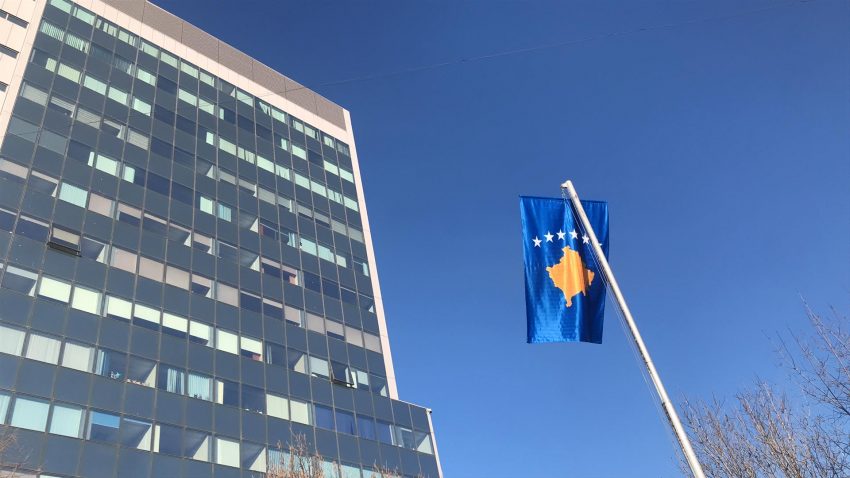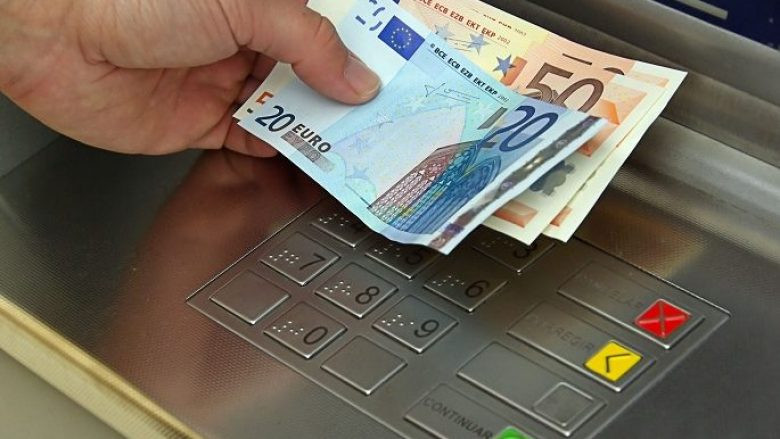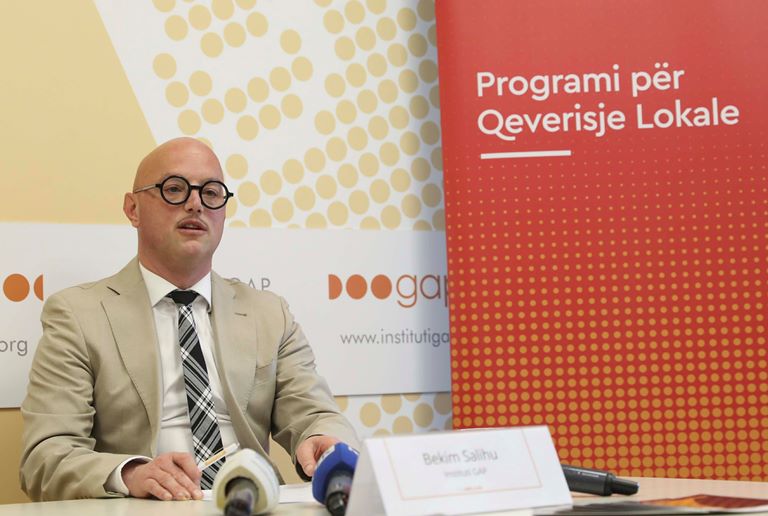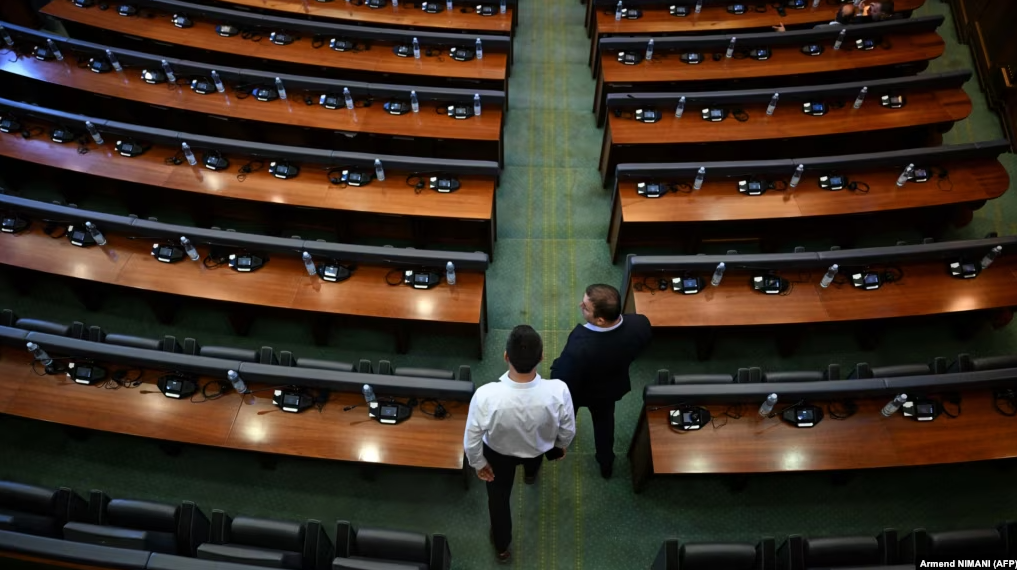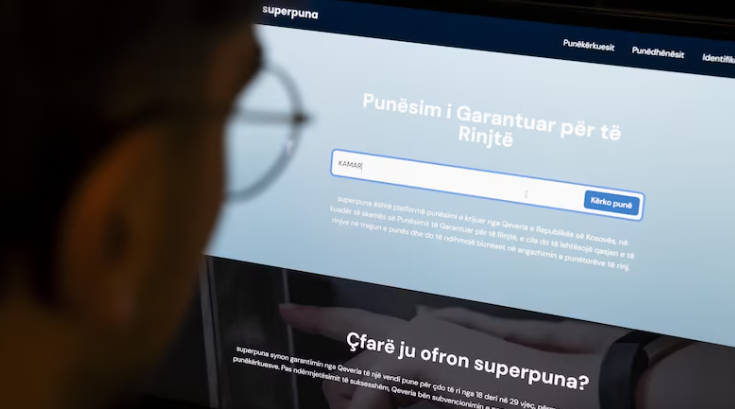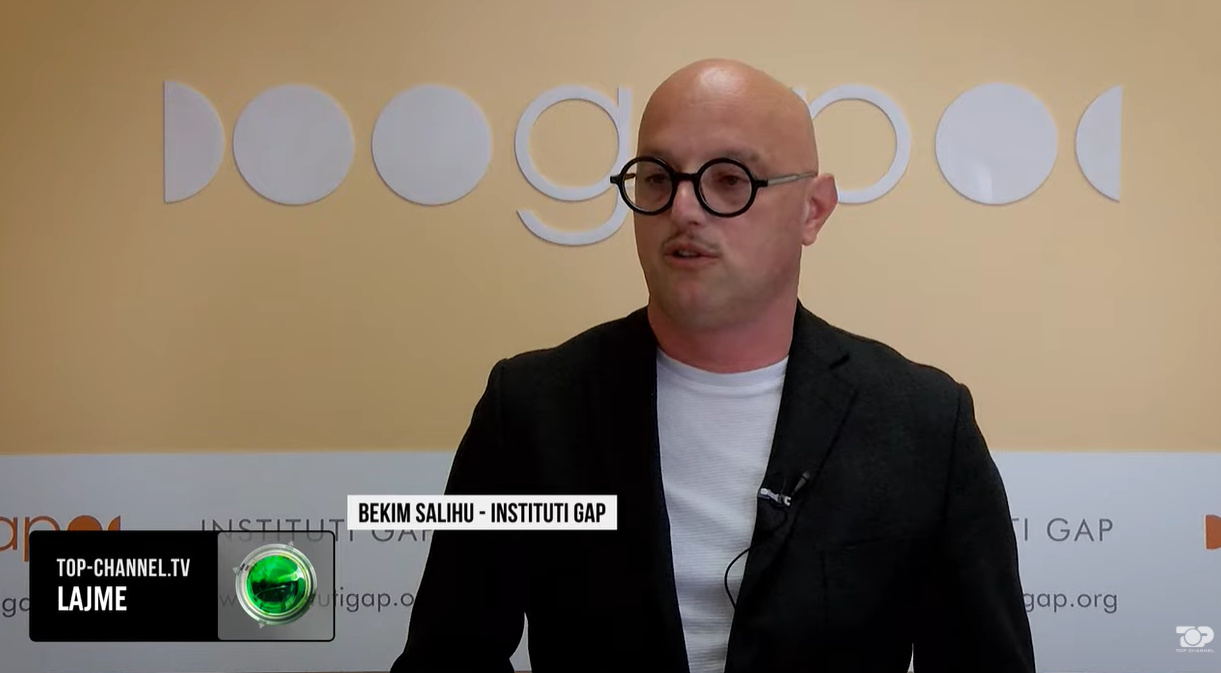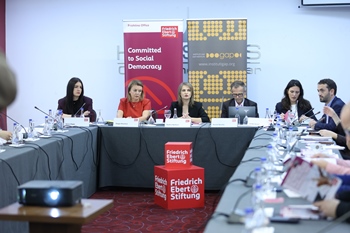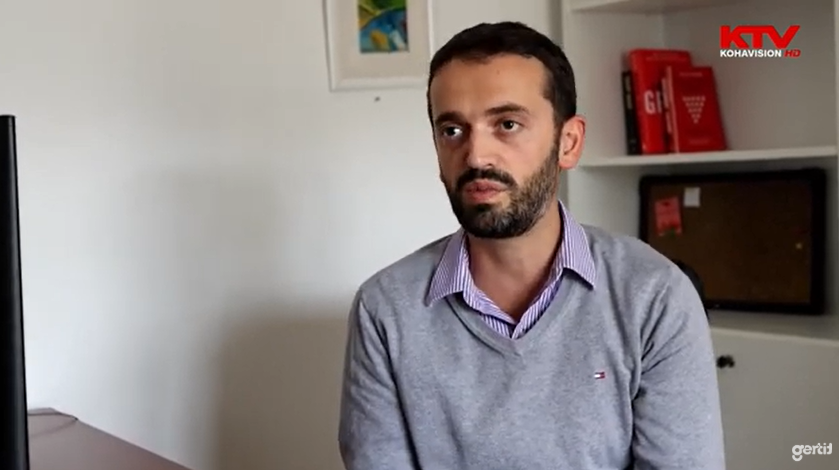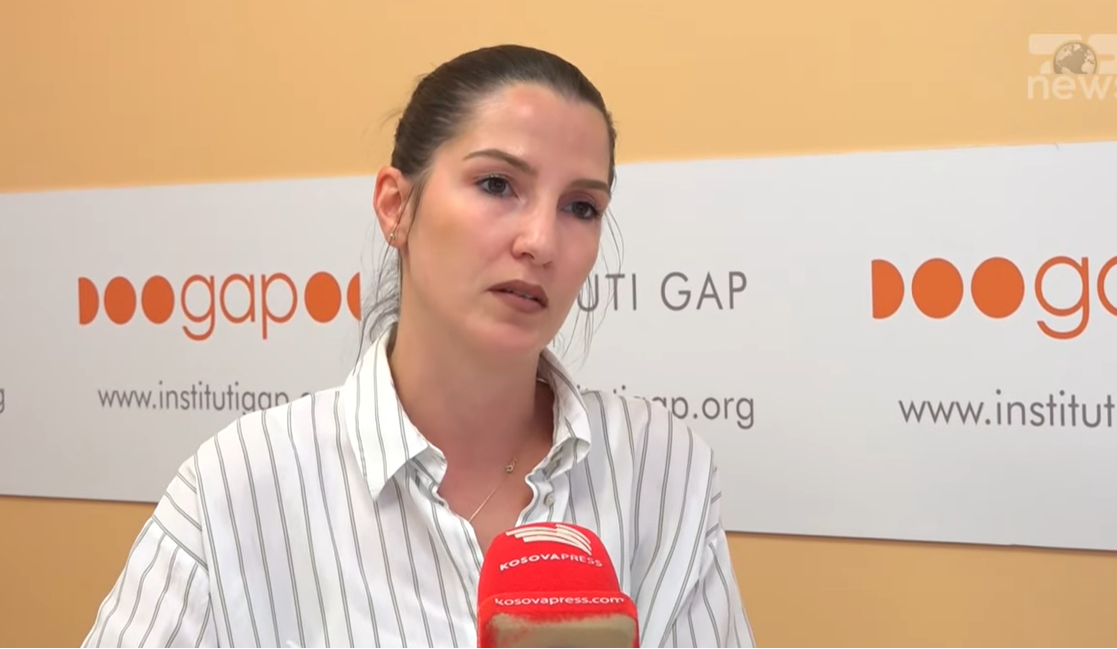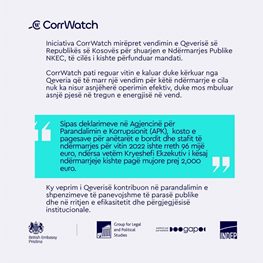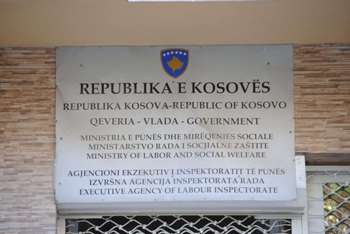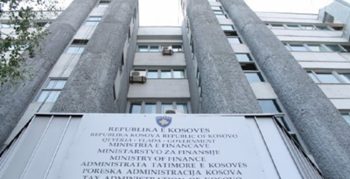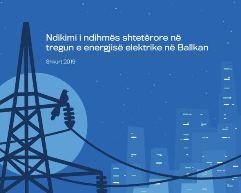A dangerous game: Investments in the energy sector in Kosovo
 22/04/2013
Shkruan Agron Demi
22/04/2013
Shkruan Agron Demi
Citizens of other countries may know Kosovo as one of the youngest countries in the world. Some may even recall that there once had had been a terrible war in Kosovo, which had also led to the NATO intervention.
For investment companies, Kosovo is also known as a place of energy resources. Coal-based energy resources. For years, Kosovo has built its economic image as a new energy force, citing that “we sleep over 14 billion tons of coal.” Even political and international financial institutions saw Kosovo as a country with a potential to develop coal energy resources. For this reason, in addition to helping rebuild the war-torn country, the international community also invested billions of euros in the revitalization of the production blocks of the two existing power plants. Nobody knows for sure, but it’s thought that from 1999 to the present, over 1.2 billion euros have been invested in Kosovo`s existing power plants. One of the reasons why it is difficult to measure the exact amount of investments in the Kosovo Energy Corporation (KEK) is the fact that donor financial assistance to Kosovo has not been implemented through direct aid to the Kosovo budget; rather, donors themselves managed all investment procedures. On the other hand, because of the large investments and poor control, the largest corruption and mismanagement cases occurred exactly in the energy sector. Over the years, millions of euros have been spent for “professional” management companies, whose task was to get KEK out of its state of crisis. KEK’s international managers were paid high wages, and there are even cases when they illegally tried to steal 4 million euros in cash (the case of the German Joe Trashler). There are also “experts” who were paid up to 1100 euros per day. And despite all of this, the energy sector remains one of the least developed, even 14 years after the war.
The Government of Kosovo, with the support of international organizations like the World Bank and USAID, are determined to build a new power plant. The capacity of this power plant has changed from one year to the next, starting from 2100 MW, down to 1000 MW, and further down to 600 MW. Recently, a public company (KOSST) has proposed the construction of a new coal-based power plant with a capacity 2000 MW. These frequent moves from 600 MW to 2100 MW, prove that the Government of Kosovo makes decisions based on investors’ requests and not based on real energy demand. For several years now, world renowned companies such as RWE and CEZ, had opened their offices in Kosovo and were lobbying for Kosovo to build large coal-based power plants. Because of the indecision of various governments in Kosovo and as a result of the global financial crisis, these investors left Kosovo. Now, the only ones expressing at least a bit of interest in investing in the energy sector in Kosovo are Turkish companies.
The point is that Kosovo has no need at all for new coal-based power plants. What Kosovo needs is to create a favorable climate for investments in renewable energy. Investments in renewable energy would fill the current gap in power supply. Unlike investments in coal, where expectations are that there would be only one investor, investments in renewable energy could bring dozens of investors in Kosovo and open more working places, many more than there would be in the current and new power plants.
According to the Kosovo Business Registration Agency (KBRA), there are 122 registered businesses in Kosovo whose main activities are production and distribution of electricity (not counting KEK here, which is also registered as a business with the KBRA). All these businesses are registered with the KBRA in hope that the Government of Kosovo will create a better environment for investments in the energy sector. Because energy is a sensitive area for investments, legal regulations in force require that in addition to registering as a business, investors should also apply for a license with the Energy Regulatory Office (ERO). To obtain a license, a potential investor needs to follow some 20 procedures and take out a bunch of documents. Despite these procedures and investment interest, the ERO is blocking investments in renewable energy. Since April 2013, there were 14 potential investors who have applied for a license with the ERO and who are waiting for permission to invest in renewable energy resources. These 14 investment projects together represent a potential to produce 175 MW of electricity. By clearing the way for investments in renewable energy, we manage to avoid creating a monopoly, open the road for more investments and manage to diversify energy sources.
Kosovo has the best chance to become the most favorable place to invest in renewable resources. As a new country, with gaps in its power supply, Kosovo could change its image from an underdeveloped country with large coal reserves into a country that sees its development through clearing the way for investments in renewable energy. We cannot market ourselves as the “young Europeans,” and at the same time invest in the oldest energy source. The New Europe is the Europe of alternative energy resources. “Young Europeans” are the young people who commit themselves to a cleaner environment and sustainable development.
